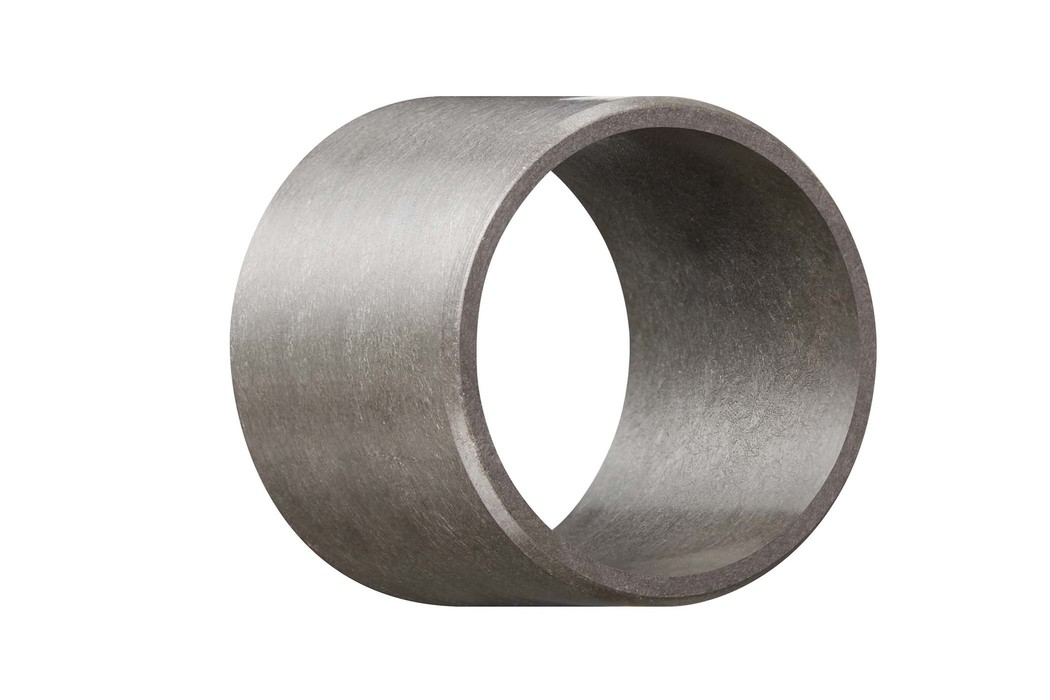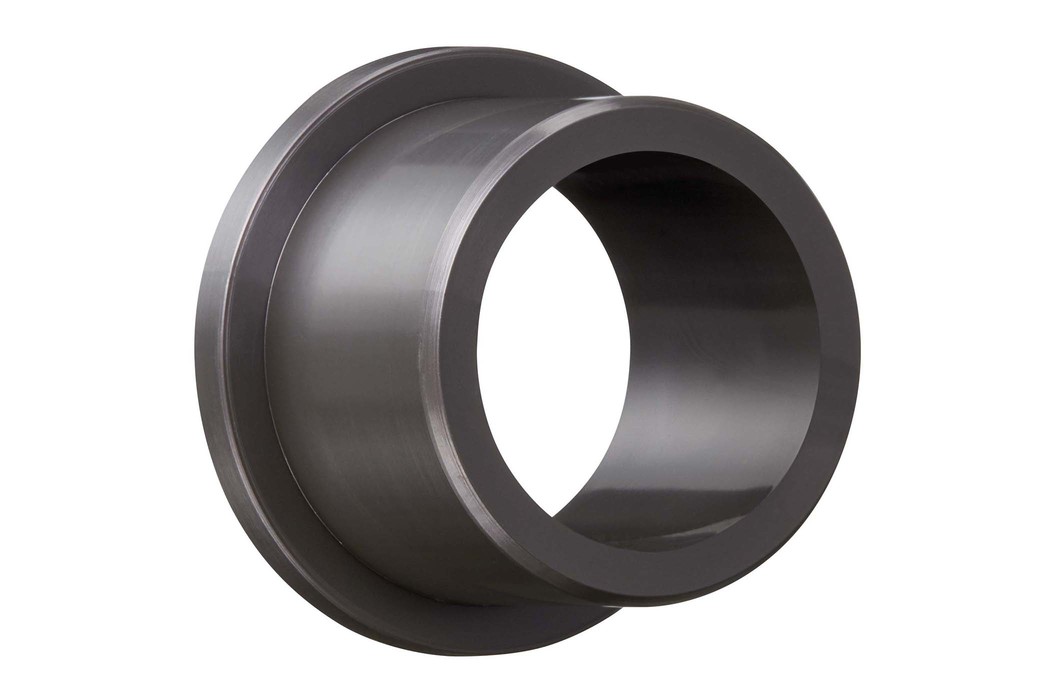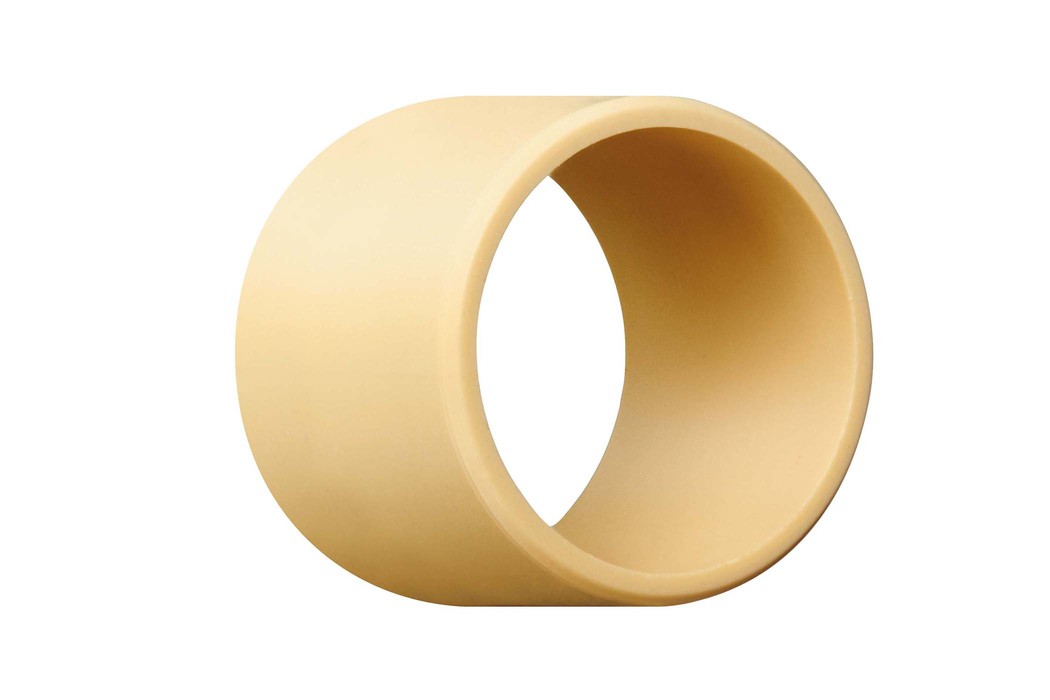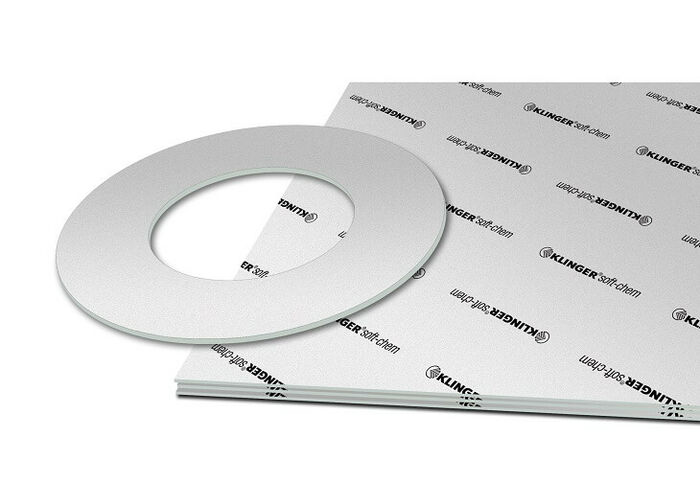Material Hub > Materialien
Materialien
-
Kategorie ThermoplasteDichte 1.46 g/cm³Einsatztemperatur -40 – 130 °C
-
Kategorie ThermoplasteDichte 1.14 g/cm³Einsatztemperatur -40 – 80 °C
-
Kategorie ThermoplasteDichte 1.24 g/cm³Einsatztemperatur -40 – 90 °C
-
Kategorie ThermoplasteDichte 0.9 g/cm³Einsatztemperatur –
-
Kategorie ThermoplasteDichte 0.94 g/cm³Einsatztemperatur -250 – 80 °C
-
Kategorie ThermoplasteDichte 1.31 g/cm³Einsatztemperatur -60 – 250 °C
-
Kategorie ThermoplasteDichte 1.31 g/cm³Einsatztemperatur < 260 °C
-
Kategorie ThermoplasteDichte 1.41 g/cm³Einsatztemperatur -50 – 100 °C
-
Kategorie ThermoplasteDichte 1.41 g/cm³Einsatztemperatur -50 – 100 °C
-
Kategorie ThermoplasteDichte 1.41 g/cm³Einsatztemperatur -50 – 100 °C
-
Kategorie ThermoplasteDichte 1.15 g/cm³Einsatztemperatur -40 – 100 °C
-
Kategorie ThermoplasteDichte 1.32 g/cm³Einsatztemperatur < 260 °C
-
Kategorie ThermoplasteDichte 1.4 g/cm³Einsatztemperatur -50 – 100 °C
-
Kategorie ThermoplasteDichte 3 g/cm³Einsatztemperatur -200 – 260 °C
-
Kategorie ThermoplasteDichte 2.1 g/cm³Einsatztemperatur -200 – 260 °C
-
Kategorie ThermoplasteDichte 2.04 g/cm³Einsatztemperatur -200 – 260 °C
-
Kategorie ThermoplasteDichte 2.25 g/cm³Einsatztemperatur -200 – 260 °C
-
Kategorie ThermoplasteDichte 2.13 g/cm³Einsatztemperatur -200 – 260 °C
-
Kategorie ThermoplasteDichte 2.17 g/cm³Einsatztemperatur -200 – 260 °C
-
Kategorie ThermoplasteDichte 0.93 g/cm³Einsatztemperatur -200 – 80 °C







